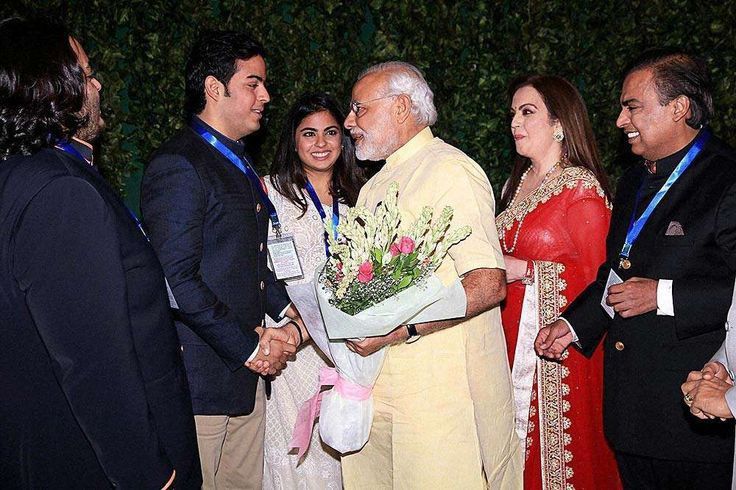Introduction: The Legitimate Wrangle about on Waqf and Devout Charity
In a later and broadly examined hearing, the Preeminent Court of India inspected the sacred and lawful legitimacy of Waqf properties and their characterization as charity committed to God. The summit Preeminent Court sharp perceptions, counting the explanation, “In Hindus, there is Moksh,” have drawn consideration to how devout hones meet with open law and sacred ensures.

The seat addressed why as it were Islamic devout gifts — waqf — get a partitioned legitimate treatment beneath Indian statutes. This note dives into the case, the contentions made, and the broader suggestions for common administration and devout balance in India.
Understanding Waqf: Charity and Devout Endowments
Waqf is an Islamic gift of property, regularly for devout or charitable purposes. Once a waqf is made, the property cannot be sold, acquired, or something else exchanged — it is said to have a place to God. The wage produced from such properties is utilized for keeping up mosques, running madrasas, nourishing the destitute, and other devout or welfare purposes. In India, waqf properties are administered by the Waqf Act, 1995, and directed by Central and State Waqf Boards.
However, this framework of devout gift and select statutory acknowledgment is presently being addressed in the light of secularism and the sacred guideline of correspondence some time recently the law.
Supreme Court’s Perceptions: Challenging Devout Exclusivity
While hearing a case including the Tamil Nadu Waqf Board and its specialist over arrive packages, the Preeminent Court raised noteworthy protected questions. The seat, driven by Chief Equity D.Y. Chandrachud and Judges J.B. Pardiwala and Manoj Misra, postured basic request: Why does the law treat Waqf properties as resistant from gracious ward? Why such properties are considered outright and basic basically since they are devoted to God?
The seat moreover watched that no other religion in India — counting Hinduism, Christianity, or Sikhism — has such a broad lawful foundation committed to overseeing devout properties. CJI Chandrachud distinctly commented: “Every religion has a concept of charity. In Hindus, there is Moksh (freedom).
Charity and Moksh: A Comparative Devout Lens
The Incomparable Preeminent Court reference to Moksh is critical in philosophical and lawful terms. Moksh in Hinduism signifies the freedom of the soul from the cycle of birth and passing. Whereas it is not a fabric advertising, acts of dharma (nobility), daan (charity), and seva (benefit) are considered ways that may lead a aficionado closer to Moksh. Not at all like waqf, are Hindu charitable acts frequently individual and intentional, not bound by permanent gift to a central body.
By conjuring Moksh, the Preeminent Court highlighted that otherworldly salvation and charity exist over religions but do not require state-recognized sheets or elite lawful resistance. This challenges the basis of giving Waqf Sheets quasi-governmental powers, which are not reflected in other faiths.
The Issue of Lawful Resistance and Encroachments
One of the greatest discussions encompassing waqf properties in India is related to arrive debate, infringements, and covering possession claims. In the Tamil Nadu case, private people found their arrive announced as waqf property without due take note or handle. The Preeminent Court communicated concerns over this one-sided affirmation of arrive as waqf and the refusal of respectful plan of action to the influenced parties.
The Waqf Act, in a few occurrences, avoids respectful Preeminent Court from engaging suits including waqf properties, setting over the top control in the hands of Waqf Sheets. This raises questions almost normal equity, property rights, and reasonable lawful cure — all of which are central to India’s protected ethos.
Equality Some time recently Law: A Sacred Principle
The Incomparable Preeminent Court concern rotates around Article 14 of the Indian Structure, which ensures uniformity some time recently the law. If Hindu, Christian, and Sikh devout teach must work beneath standard believe and property laws, at that point why ought to Islamic blessings be represented by a partitioned and advantaged legitimate framework?
The Preeminent Court questions infer that a uniform approach may be essential to guarantee that the law treats devout teach impartially, notwithstanding of confidence. This would too adjust with the thought of a Uniform Gracious Code, a concept that looks for to harmonize individual laws over religions — in spite of the fact that it remains politically sensitive.
Government Association in Devout Institutions
Interestingly, whereas Waqf Sheets are overseen by Muslim community individuals and work beneath the supervision of the Minority Issues Service, Hindu sanctuaries in a few states are beneath coordinate government control. This incorporates sanctuary accounts and cleric arrangements. The Preeminent Court’s investigation of Waqf raises an backhanded address: Ought to the state withdraw similarly from overseeing devout teach of all beliefs, or ought to there be equality in how devout blessings are treated?
This disparity has driven to affirmations of unequal treatment — state control over Hindu sanctuaries but independence for Waqf educate. The issue calls for a re-evaluation of the mainstream accreditations of Indian administration structures.
Secularism in Hone: What Ought to Be the Way Forward?
The Indian show of secularism is one of principled separate — permitting religion in the open circle but guaranteeing the state does not favor or segregate against any religion. In any case, lawful systems like the Waqf Act show up to tilt the adjust by giving particular treatment to one religion’s charitable institutions.
A conceivable way forward, as inferred by the Incomparable Preeminent Court questions, is to build up a unbiased lawful system for all devout charitable teach. This may guarantee responsibility, straightforwardness, and assurance of property rights over the board.
Conclusion: Toward Break even with Treatment of All Faiths
The Incomparable Court’s perception — “In Hindus, there is Moksh” — is more than a philosophical comment. It underscores the need for India to look at how devout laws connected with the protected standards of correspondence, reasonableness, and secularism. As the legal starts to reflect on whether certain devout educate are excessive advantaged or ensured, it may clear the way for changes that advance lawful equality among all faiths.

Religious charity ought to not be protected from lawful investigation, nor ought to it be monopolized by any one community. A genuinely common state must guarantee that all devout bunches appreciate break even with assurance — and rise to responsibility — beneath the law.

